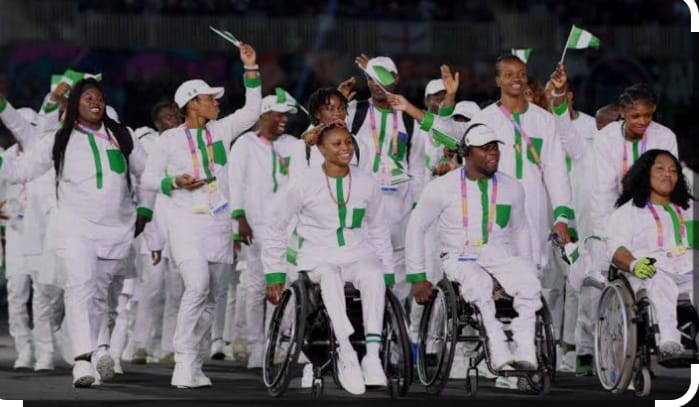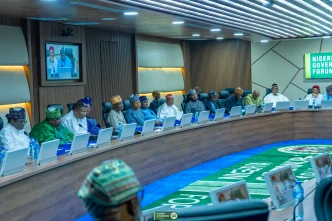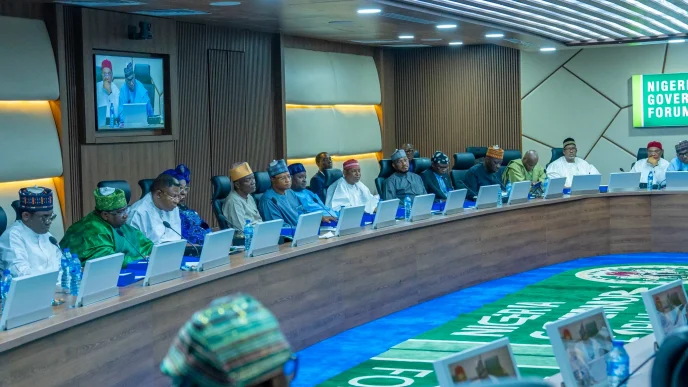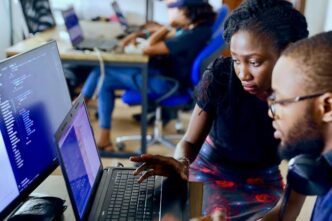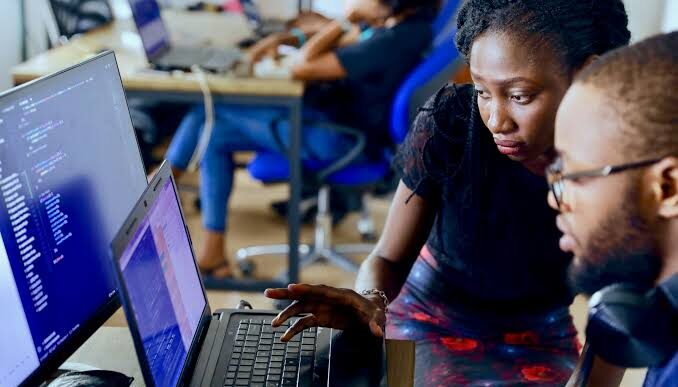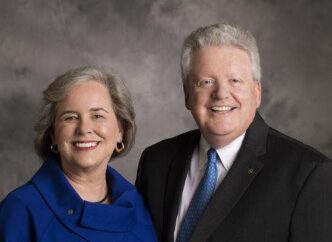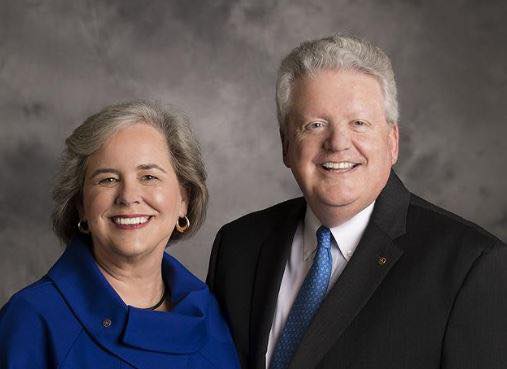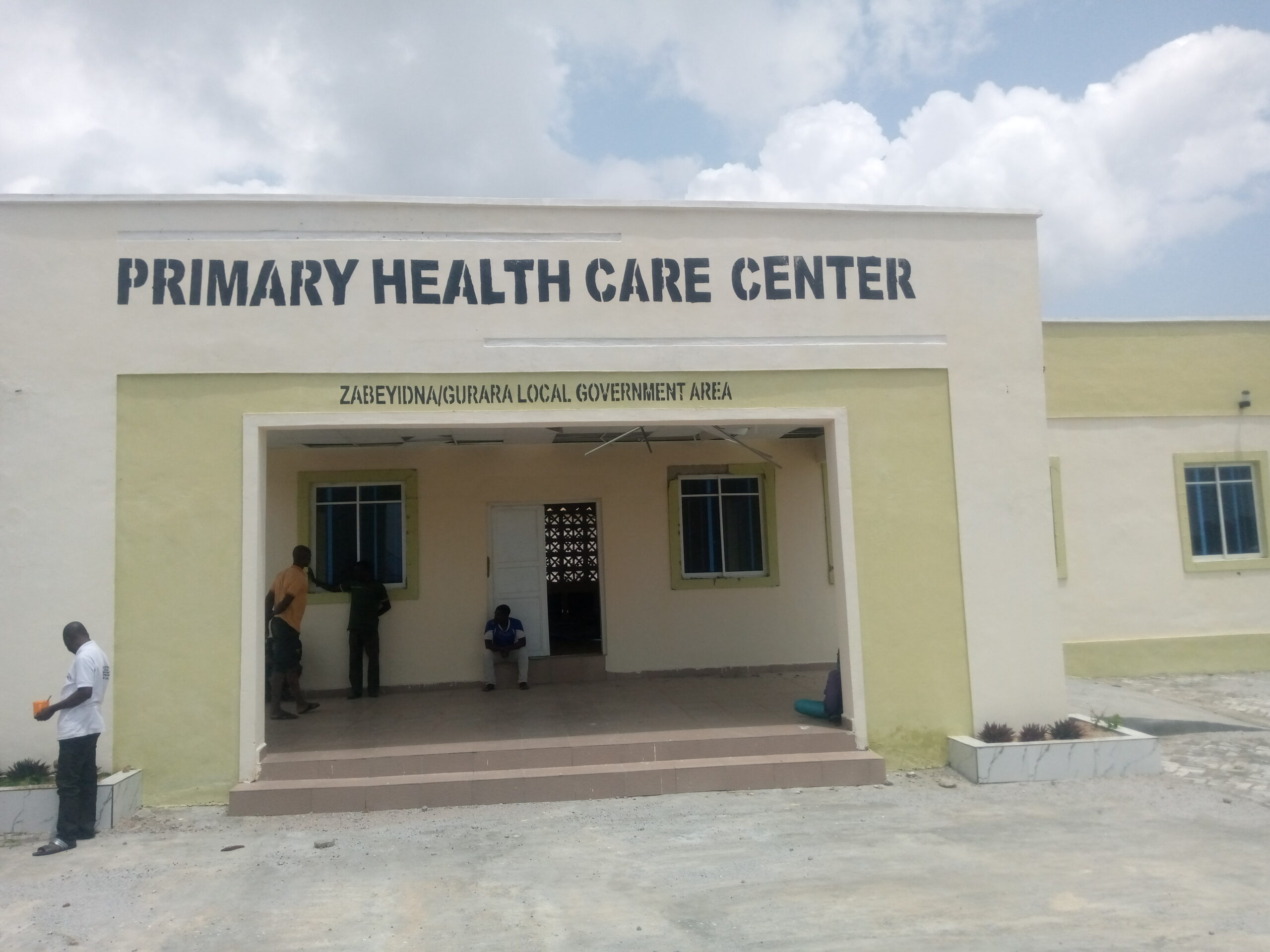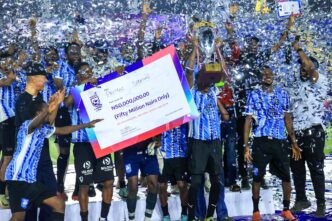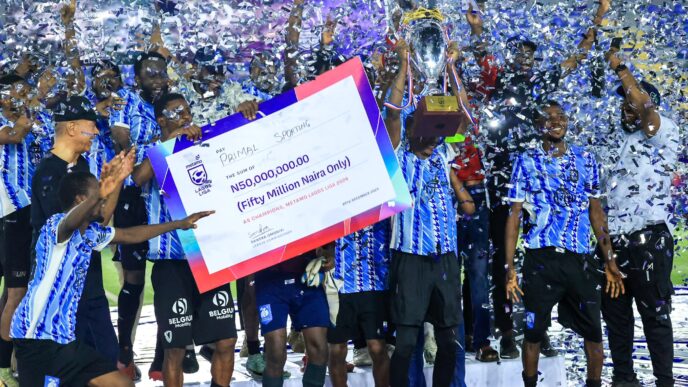The year 2024 had its ‘ups and downs’. Some of the ‘ups’ may include our second place finishes at the 2023 AFCON in Cote’d Ivoire and the African Games in Ghana while one of the major ‘downs’ would be the Paris 2024 Olympics. It is important to highlight these things as we start to strategise for more ‘ups’ than ‘downs’ in 2025.
What are our expectations and projections for sports in 2025. I will break my thoughts down into two major parts.
1. The National Sports Commission (NSC)
2. The Sports Federations
National Sports Commission (NSC)
As a very active stakeholder in the Nigerian sports community, I should start with the historic N78b allocation to Sports Development in Nigeria in 2025 by the President Bola Ahmed Tinubu administration.
Landmark, laudable and commendable but also really tricky. I will address some of the ‘banana peels’ shortly.
I am expecting the Federal Government to expedite action and without any further delay conclude all deliberations on the law and structure that established the commission so that all its operations can have legal backing and be done in accordance with the laws of the land. Tidying up these processes shuts the door against all forms of distractions and whatever legal back doors could be exploited to throw spanners in the works of the new body.
It also strengthens the leadership of the Commission in the quest to make better informed, more robust decisions and policies.
Not a few persons have argued that so far, the National Sports Commission has looked like a two man project even if the duo have a solid reputation, pedigree and credentials.
Advertisement
Back to the N78b budget, I agree with the Federal Government that this unprecedented allocation signposts a shift in government’s disposition to sports.
My boss, Sunday Dare, the former Sports and Youth Development Minister under former President Muhammadu Buhari administration, ensured that the Federal Executive Council approved the reclassification of Sports as Business and not just mere recreation. The Sports as Business policy was also approved.
I am expecting that this present administration, thankfully Dare is still an active part of it, would pick things up and do all it can to make it fully operational. That will be the game changer and a major step forward for the National Sports Commission to actualise its mandate which is to develop the sports ecosystem, use sports as a tool for national development, empowerment and economic growth so that it can add to the nation’s GDP.
Advertisement
In a layman’s language, sports should contribute significantly to the flow of money and the economic activities around us. The tough assignment here for the NSC is to drive this same vision and thinking into the different state sports commissions and ministries. Of major interest and generating some excitement is the fact that part of the N78b budget would be for the establishment of an anti-doping laboratory that will not only serve Nigeria but also be a regional hub. It would be a foreign exchange earner for the country.
Also highlighted is the point that the budget would help in the development of critical sports infrastructure across the nation. For a fact, there is a huge infrastructure deficit for sports development in Nigeria. Almost all the Federal Government stadiums are in a total (or near total) state of disrepair. From the National Stadium, Surulere, Lagos to the Obafemi Awolowo Stadium (Liberty) in Ibadan, the Ahmadu Bello Stadium in Kaduna and even the Moshood Abiola National Stadium in Abuja, the story is the same. Some of these stadiums need total overhaul and varying degrees of integrity tests to determine if some of them need to be pulled down completely or just rehabilitated. There is the need for the provision of tracks for athletics, athletic field (for field events), training pitches (natural and hybrid) for football, hockey, indoor courts for basketball, badminton, volleyball, handball and other indoor games, hostels, corporate hospitality centres, suites, standard (Grade A) camps and sports centres for the use of all the national teams of all the sports and elite athletes, a proper games village and of course High Performance Centres across the geopolitical zones.
Before I am reminded of some of the more recent efforts to bring some of these stadiums and facilities back to life through some private sector funding provided by the Dangotes and Adebutus of this world, the truth is that without the Federal Government providing funds to complement their efforts, those interventions would choke and bleed slowly to death. This is something the present administration would do well to avoid. Let me add that the National Stadium, Surulere, Lagos and the Moshood Abiola National Stadium, Abuja (I don’t know about the others) have so much unused land earmarked for future developmental purposes that they have become easy targets for land grabbers and unauthorised developers so they need to start to put some of these fixed physical assets to good use if they are not to be lost or forfeited in a gradual manner.
The Sports Federations
Advertisement
Since the National Sports Commission is also contemplating the allocation of funds to the sports federations, and there are about 44 of them. It will be critically important that the Federations are classified and given budgetary allocations according to their class, pedigree, current performance and potential. The Sports Federations need to be adapted into efficient business models that would draw up proper grassroots programmes that can attract private sector support. A good grassroots initiative should reach schools, streets, nooks and crannies of every local government, ward and council area.
The National Sports Commission has correctly outlined that a very good chunk of the N78b budget for sports development in 2025 will be invested in the grassroots. The search for talents should be intense, deliberate and thorough just like the explorer prospects for oil and the miner searches for precious stones.
Finally, one of the biggest challenges for Nigerian sports in 2025 would be the Sports Federations’ elections. A lot of the federations are grappling with huge internal crises bordering on poor corporate governance, unethical practices, lack of transparency, conflicts of interests, authoritarian administration and systemic manipulation. Ensuring free and fair elections has always been a challenge. Attempts to circumvent the process, alter the constitutions, impose candidates, unjustly disenfranchise and disqualify eligible persons, endless bickerings and unnecessary legal tussles and fireworks should be discouraged and avoided. How well the Federal Government through the National Sports Commission is able to successfully navigate through these landmines will go a long way in shaping how well Nigerian Sports fare in 2025.
Advertisement
Views expressed by contributors are strictly personal and not of TheCable.
Add a comment

